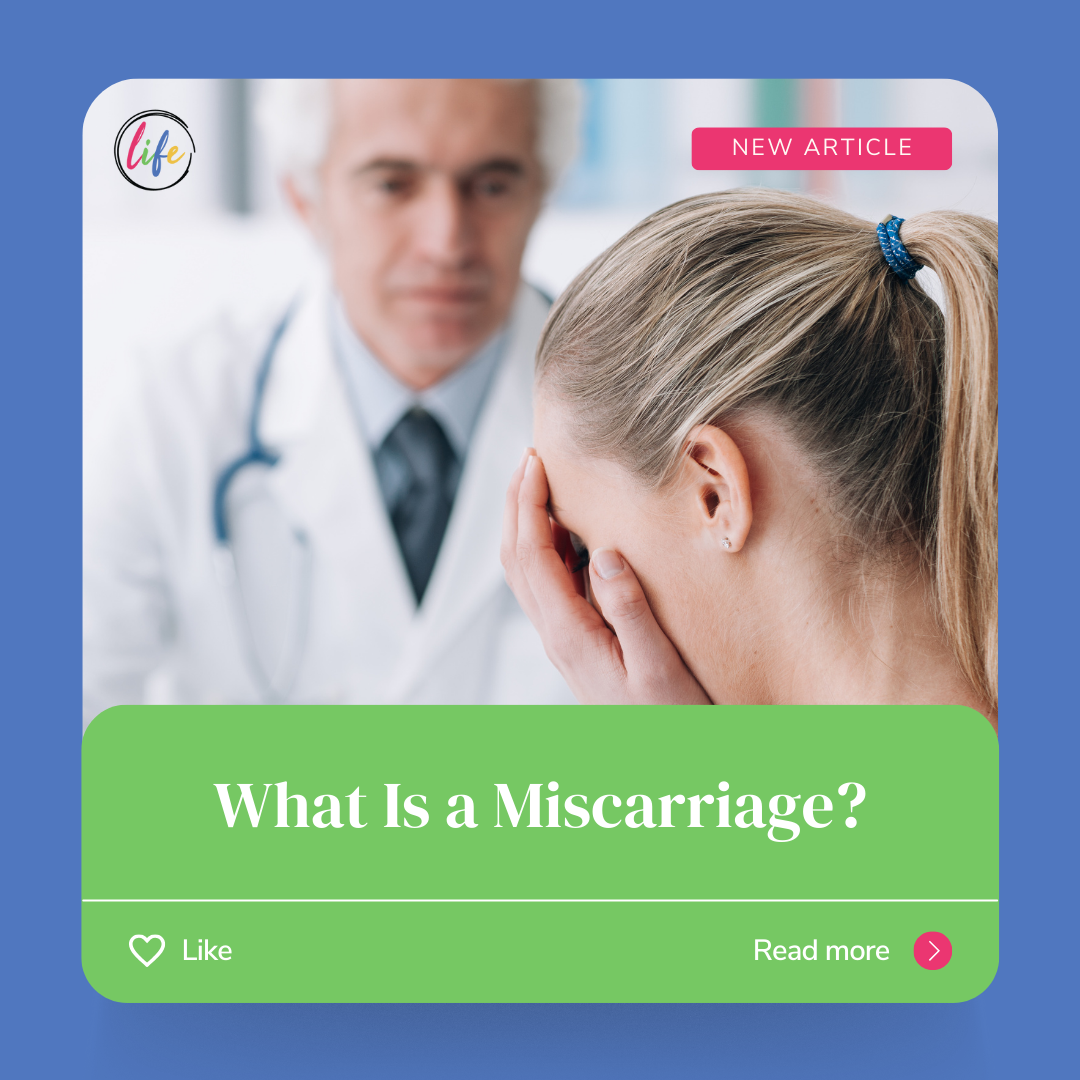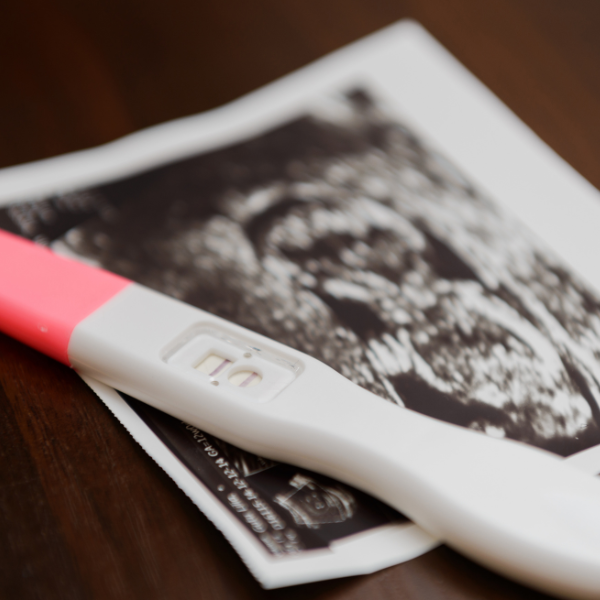
 Miscarriages and their treatments are the subject of many pro-choice arguments in the same way that ectopic pregnancy treatments are. Pro-choice advocates insist these procedures perform the same function as an abortion and often use this rhetoric to support the legalization of abortion. So, what is a miscarriage? What is the difference between a miscarriage treatment and an abortion?
Miscarriages and their treatments are the subject of many pro-choice arguments in the same way that ectopic pregnancy treatments are. Pro-choice advocates insist these procedures perform the same function as an abortion and often use this rhetoric to support the legalization of abortion. So, what is a miscarriage? What is the difference between a miscarriage treatment and an abortion?
What is a miscarriage?
A miscarriage is the spontaneous loss of a pregnancy before 20 weeks gestation. Most miscarriages occur during the first trimester of pregnancy after the unborn baby fails to develop properly due to genetic or chromosomal abnormalities. Miscarriage can also occur as the result of maternal health issues, such as hormonal imbalances, diabetes, thyroid disease, and more.
Women who have miscarried may experience pelvic cramping, bleeding, or passing of tissue from the vagina. If the woman’s body does not pass the embryo or fetus within a couple of days, she risks infection. Therefore, prompt treatment is essential for maintaining the woman’s health.
Miscarriage treatments
Often, miscarriages occur naturally with little medical intervention. If the woman’s body does not pass the embryo or fetus on its own, medication or surgery may be necessary.
Some doctors prescribe a medication called misoprostol to help the woman’s body pass the embryo/fetus and all pregnancy-related tissue. For women with a greater risk of infection or hemorrhaging, doctors may perform a dilation & curettage (D&C). This procedure is usually performed under general anesthesia. Doctors will dilate the cervix and scrape and/or suction the uterine lining to remove the embryo/fetus and all remaining pregnancy tissue.
If the miscarriage occurs during the second trimester, a dilation & evacuation (D&E) may be necessary. This is performed similarly to a D&C but requires more instruments because the fetus is more developed.
Miscarriage treatments vs. abortion
Miscarriages often require some of the same procedures that abortions do. However, the difference is in the purpose. Miscarriage care simply removes the remains of an already deceased fetus. An elective abortion ends a pregnancy to cause the death of an embryo or fetus. Miscarriage treatments are necessary to maintain or restore a woman’s health. Therefore, pro-life laws protect these procedures.
Learn more about the various stages of fetal development (conception, first, second, and third trimester) and don’t forget to follow us on social media (Facebook, Instagram, and TikTok).